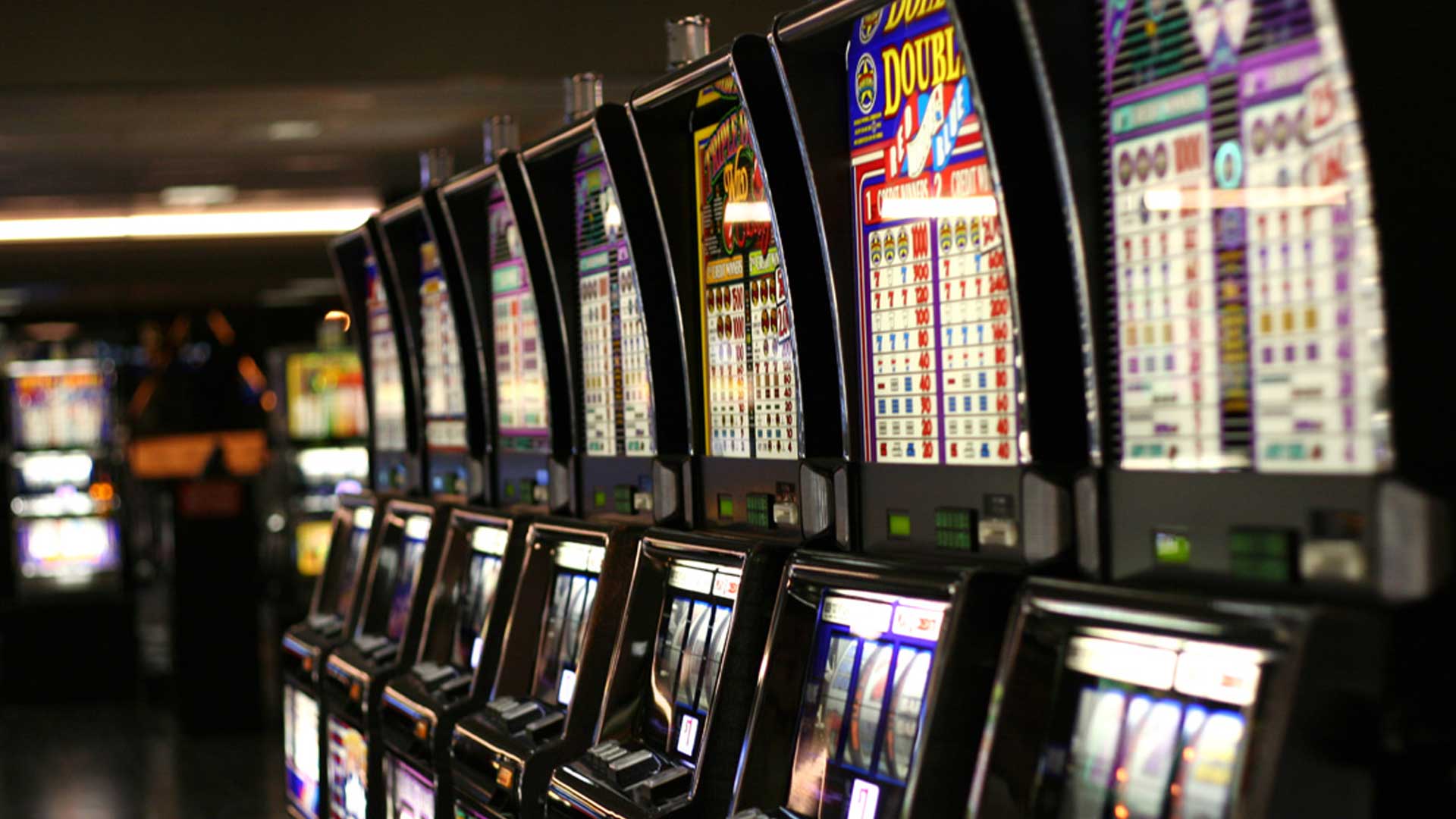How Online Casinos Reshape Human Interaction

How Online Casinos Reshape Human Interaction
Online casinos have rapidly transformed from a niche form of entertainment into a global phenomenon, significantly impacting how people interact, socialize, and spend their leisure time. This evolution, driven by technological advancements and the accessibility of internet-connected devices, has subtly yet profoundly reshaped the landscape of human interaction, prompting both fascination and concern.
One of the most noticeable shifts is in the **accessibility** of social experiences. Traditional brick-and-mortar casinos often required physical presence, travel, and adherence to specific dress codes and schedules. Online casinos, conversely, offer 24/7 access from any location with an internet connection. This convenience has broken down geographical barriers, allowing individuals to engage in casino games from the comfort of their homes, on their commutes, or even during breaks at work. This increased accessibility fosters a sense of community, connecting players from diverse backgrounds who may otherwise never cross paths.
Furthermore, online casinos facilitate new forms of **social interaction**. Features like live dealer games, chat functions, and multiplayer options enable players to communicate with each other and the dealers in real-time. This creates a sense of shared experience, fostering camaraderie and competition among players. Players can form alliances, share tips, and celebrate victories together, mimicking the social dynamics of traditional casino settings but with an added layer of anonymity and flexibility. The ability to chat, even anonymously, provides a platform for social engagement that might otherwise be absent from individuals’ lives, particularly for those who are shy, isolated, or have limited social opportunities.
However, this shift also presents a number of challenges. The anonymity offered by online platforms can also contribute to a decline in traditional social skills. The lack of face-to-face interaction can hinder the development of non-verbal communication skills and the ability to read social cues. Moreover, the addictive nature of gambling, coupled with the convenience of online access, raises concerns about excessive gambling and its potential impact on mental health, relationships, and financial stability. This can lead to isolation as individuals prioritize their online casino activities over real-world interactions and responsibilities. The blurred lines between the virtual and real worlds, inherent in prolonged online engagement, can further contribute to social withdrawal.
The rise of online casinos also influences the **economic landscape** of social interaction. The ease with which players can spend money online can lead to increased financial risk and potential problems. The emphasis on financial transactions, and the gamified nature of many online casino platforms, can create a constant incentive to spend more time and money, further impacting social behavior. The design of online casino games is often geared towards maximizing player engagement, and in some cases, this can come at the cost of their financial and social well-being. The accessibility of credit and the ease of making deposits contributes to the ease with which individuals can accumulate substantial debt, creating financial strain on both the players and their relationships.
Moreover, the online casino industry has fueled a shift in the **marketing landscape** and consequently, consumer behavior. Social media influencers and celebrity endorsements are increasingly used to promote online casinos, targeting a wider audience and normalizing gambling behavior. This can impact social dynamics as it promotes the idea of gambling as a mainstream leisure activity, and influences how people perceive and discuss gambling in their daily lives. The visibility of these marketing efforts also creates social pressure and the normalization of gambling behavior, especially among young people and vulnerable populations, by portraying a distorted and often glamorized picture of the gambling experience.
Nevertheless, online casinos also provide opportunities for innovative forms of social engagement. Some platforms are actively integrating social features that allow players to connect, share experiences, and support each other. Furthermore, the global reach of online casinos opens up avenues for cultural exchange and understanding, as players from different countries and backgrounds interact and learn from each other. Online platforms are increasingly becoming spaces for cultural interaction, encouraging people to develop understanding and respect for other cultural views. For those seeking a more tailored experience, consider exploring m88 asia slot. This platform gives players access to a number of games.
In conclusion, online casinos have fundamentally reshaped human interaction. While offering greater accessibility, new forms of social engagement, and economic opportunities, they also introduce challenges such as increased isolation, financial risks, and the erosion of traditional social skills. Understanding these multifaceted impacts is crucial to responsibly navigating the evolving social landscape of the digital age and ensuring that online casinos contribute to a more connected and supportive society.
```